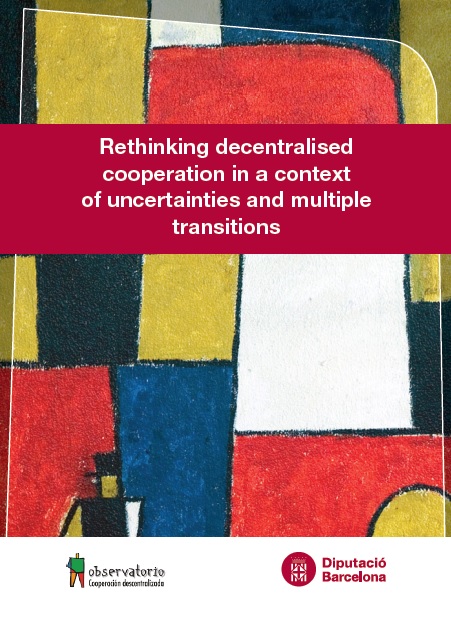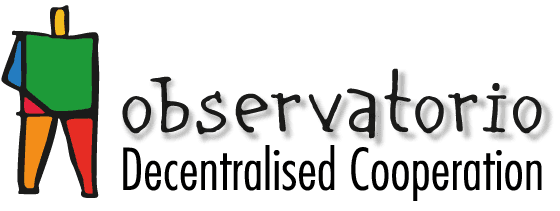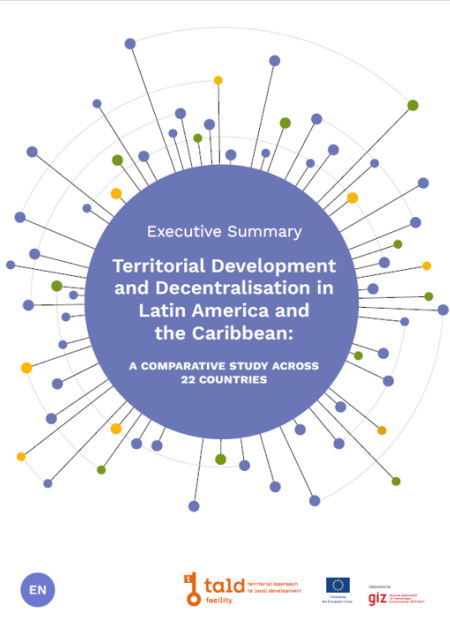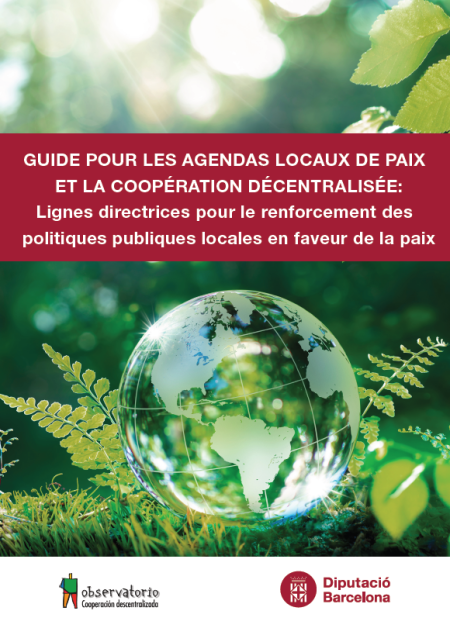Rethinking decentralised cooperation in a context of uncertainties and multiple transitions
Over the last few years, we have become accustomed to living with words that define new concepts and situations that we could not have imagined when we presented the last study by the European Union-Latin America Decentralised Cooperation Observatory, resulting from the 7th Annual Conference held in 2019. Today, terms such as the so-called new normal, pandemic, COVID-19, lockdown, collapse, complex emergencies or multiple transitions are used on a daily basis all over the world. We are witnessing an unprecedented multiple crisis that, due to its global and multidimensional scope, exceeds all limits, shaking the foundations on which our societies have been built in recent decades. We urgently need to think about how to build a new model of healthy and sustainable development that guarantees the life of the planet and of all the people who inhabit and will inhabit it.
Faced with this reality, the Observatory wanted to focus on how to rethink decentralised cooperation in this context of uncertainties and multiple transitions. It is urgent to promote decentralised cooperation that contributes to another development model far removed from the one that has led us to the current scenario. For this reason, the last annual conference (Barcelona, 29 June – 1 July 2022) was entitled “Rethinking decentralised cooperation in a context of multiple transitions”. Over two and a half days we proposed to converse, debate and reflect collectively on what agenda, what modalities and with which actors decentralised cooperation should move forward and focus its efforts.
We are convinced of the role that local governments play and have to play in a clearly interdependent and transnational world scenario. In this context, decentralised cooperation reinforces its key role in the advancement of transformative local public policies that prioritise the guarantee of all human rights, the life of people and the planet, reduce inequalities and advance towards global justice. And it does so by promoting cooperative relations between local governments under a horizontal logic of mutual trust, far removed from the North-South welfare, hierarchical and neocolonial approach. In addition, we are committed to inclusive decentralised cooperation, which advocates relational, collaborative and co-responsible management with all actors in the territory and its citizens.
Translation funded by Platforma



